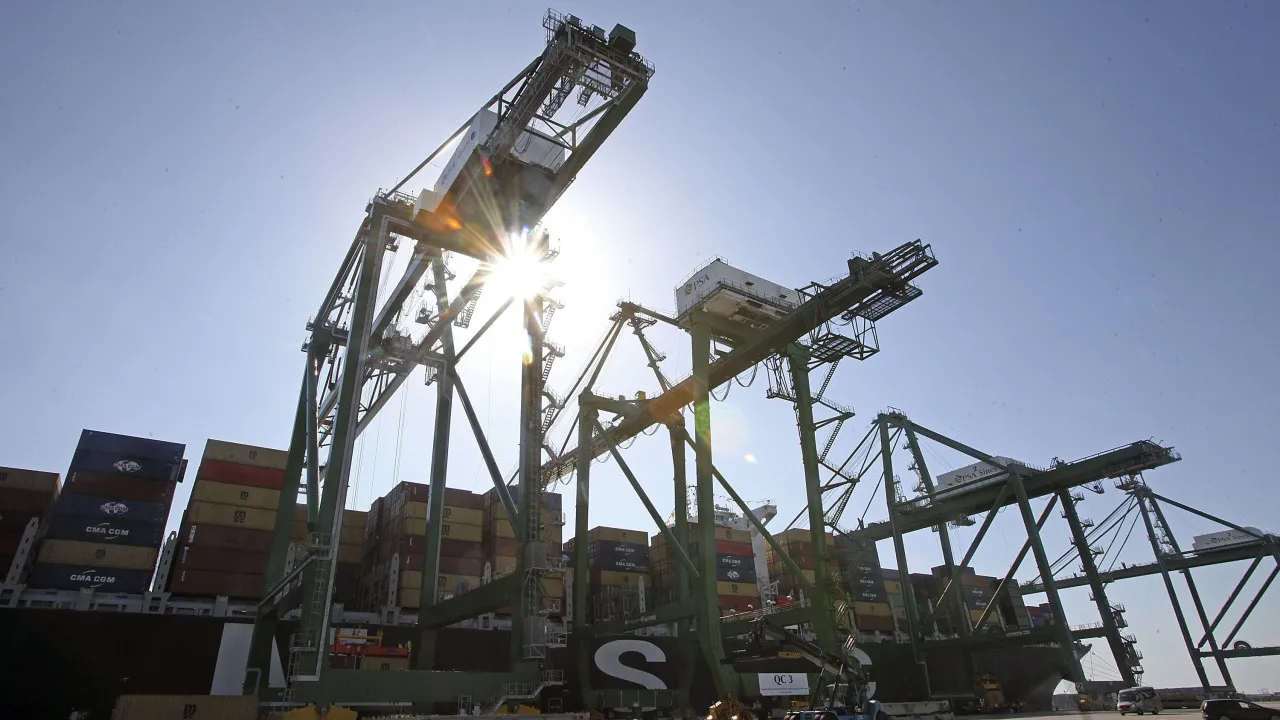
The rescheduling of mobilizing agendas under the Recovery and Resilience Plan (PRR) in the innovation sector allows companies, in exceptional cases, not to bear the primary share of investment in projects supported by European funds.
This possibility was introduced in a decree published today in the Diário da República, which modifies the regulation of the incentive system for “Business Innovation Agendas.”
The innovation agendas involve public support for innovation projects developed in partnership between companies and scientific and technological institutions.
Previously, the regulation required business entities in consortia to hold “a majority stake based on the investment these entities make relative to the total project investment,” with no exceptions.
With the newly updated regulation, resulting from the PRR rescheduling authorized by the European Commission this year, eligibility criteria now ensure research and innovation institutions take on the larger share of investment.
The general criterion remains that “business entities must undertake a majority stake based on the investment relative to the total project investment.”
However, the regulation now allows that “in the event of rescheduling, in situations duly justified and accepted by IAPMEI, [a non-majority investment share by business entities relative to the total investment] may be approved.”
Another change introduced to the regulation concerns the deadlines for the financial completion of projects, which have been extended with the authorization of the European Commission, enabling Portugal to meet the final targets of the PRR agendas.
According to the regulation, a supported project must be “financially completed by December 31, 2026, and have results finalized by June 30, 2026,” whereas previously, it was required to be completed and finalized by December 31, 2025.
In the decree signed by the Minister of Economy and Territorial Cohesion, Manuel Castro Almeida, the Government emphasizes that “the European Commission approved a request for rescheduling the PRR, aiming to extend the deadline for fulfilling the final target, to ensure the efficient implementation of investments, leading to the rescheduling of the Mobilizing Agendas.”
The business innovation agenda is part of the “Resilience” dimension of the PRR.
Alongside the “green agendas for business innovation,” it aims to “support and accelerate the innovation process and advancement in value chains by promoting clustering strategies and collaborative innovation dynamics based on partnerships between scientific and technological institutions and companies,” according to the decree.
The PRR revision was approved by the European Commission on April 11 this year, with the aim of rescheduling projects that Portugal deemed more challenging to execute.
In total, the Portuguese PRR includes European funds amounting to 22.2 billion euros, of which 16.3 billion euros are grants and 5.9 billion euros come as loans from the Recovery and Resilience Facility.
With the rescheduling, the number of investments rises from 117 to 119, while the number of supported reforms remains at 44.
The number of milestones and targets to be met for the European Commission to release PRR funds decreases from 463 to 438, as stated in April by the president of Estrutura de Missão Recuperar Portugal, Fernando Alfaiate, the entity responsible for monitoring the plan’s execution.




